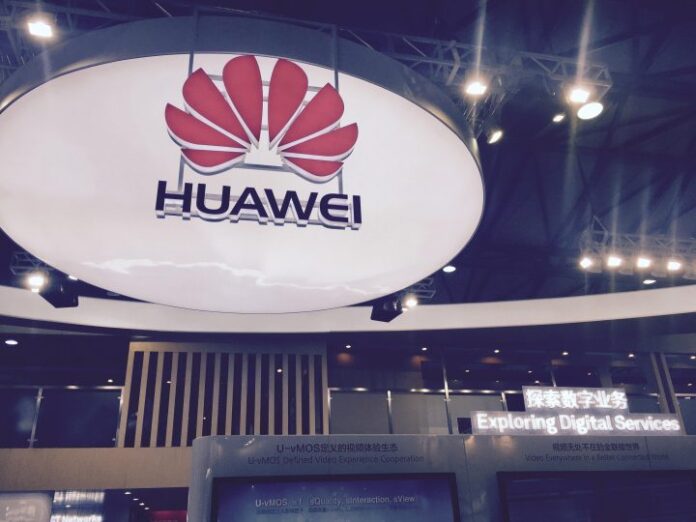New Zealand telco Spark was not authorized by the government to use Huawei’s 5G gear
Chinese vendor Huawei is seeking to establish contacts with New Zealand authorities following yesterday’s announcement that the vendor has been blocked from participating in local carrier Spark’s 5G network deployment, New Zealand press reported.
Huawei New Zealand is seeking “an urgent meeting with the relevant Ministers and officials to understand the Government’s position and get clarification of the process from here,” Huawei New Zealand Deputy Managing Director Andrew Bowater said in a statement.
“Huawei would welcome the opportunity to actively address any concerns and work together to find a way forward,” the executive said.
Intelligence services Minister Andrew said that the government’s decision not to allow Spark to use Huawei gear over national security risk was not a ban, according to a report by the New Zealand Herald.
“We would never ban a particular company or a particular country. That’s not the way it works,” the official said.
Spark could still work with Huawei to address the security risk with 5G, Little added.
However, Huawei denied there was any evidence of wrongdoing by Huawei. “We strongly reject the notion that our business threatens New Zealand in any way. We deserve the opportunity to have our voice heard and to address any concerns in good faith,” Bowater said.
“Since Huawei was established in New Zealand in 2005 it has always worked in good faith with the Government and other industry players. We believe that our involvement in the telecommunications sector has benefited New Zealand’s economy, businesses and consumers,” he added.
On November 28, Spark confirmed the local government would not allow the company to deploy 5G gear manufactured by Huawei over alleged national security risks.
Spark New Zealand said it had recently notified the Director-General of the Government Communications Security Bureau (GCSB), in accordance with the requirements of the Telecommunications Act 2013 (TICSA), of its proposed approach to implementing 5G technology on the Spark mobile network.
Specifically, this proposal involved the deployment of Huawei 5G equipment in Spark’s planned 5G Radio Access Network (RAN), which involves the technology associated with cell tower infrastructure, the company said.
In August, Australian authorities announced a decision to prevent certain vendors from taking part in the rollout of 5G mobile networks across the country, effectively banning Chinese companies Huawei and ZTE from involvement.
Huawei said the decision by the Australian government to block the company from the country’s domestic 5G market is politically motivated and not the result of a fact-based decision-making process.
Meanwhile, some U.S. lawmakers urged the Canadian government to ban Huawei from providing 5G gear to Canadian carriers over security allegations. Republican Senator Marco Rubio and Democratic Senator Mark Warner, vice-chair of the intelligence committee, said that allowing Huawei into Canada’s 5G wireless infrastructure network could interfere with intelligence sharing between key allies and impair cross-border co-operation in telecommunications between U.S. and Canadian firms.
However, Prime Minister Trudeau said that he does not want politics to interfere in the decision to select vendors for the deployment of 5G networks in Canada, the Globe and Mail reported. Trudeau also said that he trusts the ability of Canada’s spy agencies to mitigate any potential security risks.

